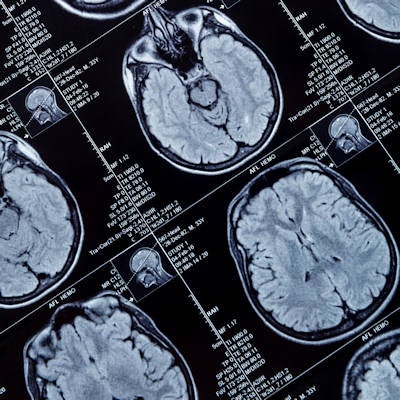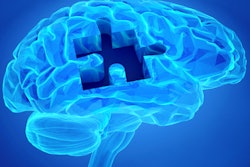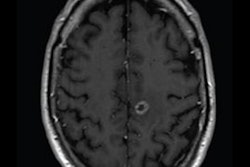
Functional MRI images show that parts of the brains of obese children show differences compared with their normal-weight or overweight counterparts, according to a study published April 16 in Cerebral Cortex.
Obese children have functional alterations in their brains that shifts food behavior to a "disease" characterized by "an obsession with food," said lead author Dr. Jesús Pujol of the Hospital del Mar Medical Research Institute (IMIM) and the Institute for Global Health (ISGlobal), both in Barcelona, in a statement released on 9 June by the IMIM.
"Obesity in general, and childhood obesity in particular, is seen as a bad habit and certain foods are blamed for it, but this is not entirely true," he said. "[Our study found] a qualitative leap, in which what is viewed as a bad habit in overweight children becomes a brain 'disease' in the form of functional alterations when overweight becomes obesity."
Pujol's team analyzed fMRI images of 230 children between the ages of eight and 12, finding that in obese children, two areas of the brain -- the orbitofrontal cortex and the amygdala, both of which regulate sensations of reward and punishment and the relationship to the part of the brain that regulates basic needs -- were "altered and hyperexcited" compared with those same regions in healthy-weight or overweight children.
Whether obesity causes these brain alterations or whether the brain alterations cause obesity is unclear, senior author Jordi Sunyer, PhD, said.



















